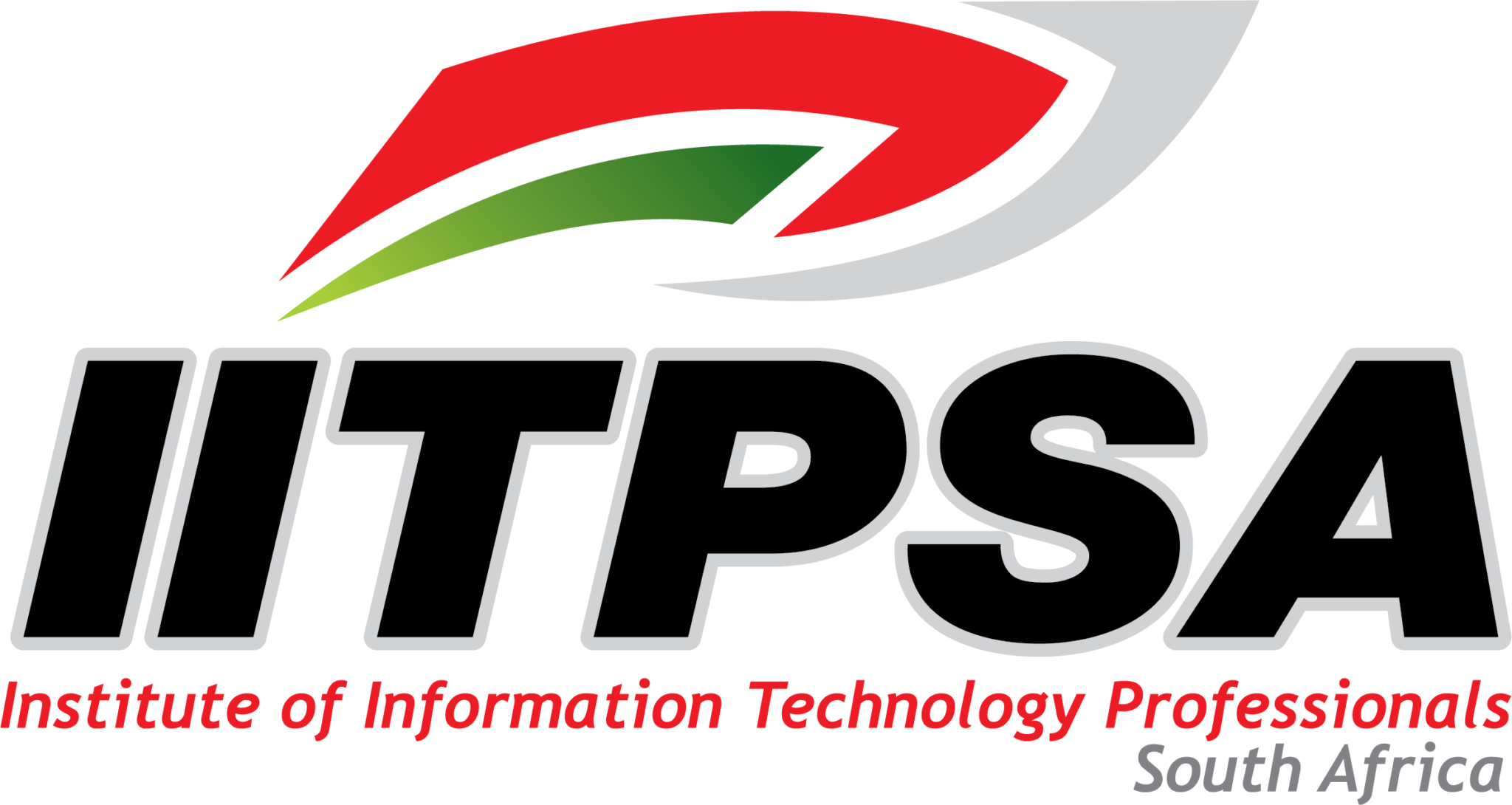While the gender gap is closing in South African IT, women remain underrepresented in the sector. They may be holding themselves back, a webinar hosted by the Women in IT (#WIIT) chapter of the Institute of Information Technology Professionals South Africa (IITPSA) found.
The Women’s Month webinar unpacked whether society, family responsibilities or women's own insecurities are preventing them from rising to senior leadership level in the IT industry.
IITPSA WIIT Chapter chair Thenzie Stewart and guest Celia Mantshiyane, Chief Information Security Officer at MTN, noted that IT remains a male-dominated industry, and that men still out-earned their female counterparts in many cases.
Polls of webinar participants found that 65% believe IT remains a male-dominated industry, with 10% saying it is ‘somewhat’ male dominated, while 55% said men were paid more than women in the same roles. In addition, 31% feel there is a ‘glass ceiling’ for women in their organisations, and 27% say there is some level of glass ceiling. Webinar participants commented on issues at work, such as being seen as less trustworthy than men, having to make choices between raising children and focusing on a career, suffering from ‘imposter syndrome’ and trying too hard to be ‘superwomen’. Despite traditional gender roles in South African society, 61% said family responsibilities were not negatively impacting their careers.
Beyond the glass ceiling
Reflecting on her own successful career to date, Mantshiyane said: “There may be a perceived glass ceiling, where people are biased against women and stereotype them. But in many cases, the glass ceiling is you – not the organisation. Self-doubt and your own biases can stand in your way. Women are now seeing beyond that and saying the sky's the limit. If you know your worth and what you want to be, you can reach the sky. It’s important to use your own personality and strengths as a woman to achieve what you want to. It is also important to have mentors – other women and men leaders who offer support and encouragement.”
Raising your hand
Mantshiyane said: “Organisations need to be deliberate about inclusiveness and diversity. But often, the barrier starts within us. We need to put our hands up. When there is a new project, raise your hand to be part of it. When new technology emerges, raise your hand to get certified and master it. If you don't apply for the senior role, you won't get the job. Women tend to wait until they are 100% qualified for a senior role, whereas men often have more confidence and apply even if they are only 65% qualified.
“At work in IT, sometimes you'll say the same thing as your male counterpart, but sometimes you aren't heard. I have learned to repeat myself until I am heard. I would question why, as a woman, I earn less than my male counterpart. I would complain and enquire at HR about discrepancies. I deal with it head on, and sometimes it is uncomfortable.”
She added: “You also need to raise your hand to get help managing your own household if you need to – lean on your support structure, get helpers and have groceries and takeaway food delivered.”
Stewart said: “Women may practically work themselves to death, waking up at odd hours of the night to prove they can deliver. We miss the plot when we compromise ourselves and our peace.”
Mantshiyane said she too had become overworked and overwhelmed early in her career: “I tried to do everything. But when you feel overwhelmed because of your career and home life responsibilities, get help. You have to set boundaries and don't overwork yourself. We have high expectations and feel everything has to be perfect, but you shouldn't overwork yourself to a point where you’re no longer enjoying your work and can’t function tomorrow.”
Rising to the top
Mantshiyane advised women to work towards achieving their ambitions by building their own skills and experience, seeking out mentors and becoming bolder about negotiating their packages. “In IT, you need a technical foundation and it helps to specialise in something. There are so many qualifications and certifications in the market. Not all of us have the finances to do all the certifications, but there are free courses we can take to become more technically savvy. Softer skills are also important, so consider taking executive courses on general management to learn business language, and make an effort to understand your business end to end. In my role as a CISO, I sell intangible assets, so I also need marketing and selling skills. My advice for anyone wanting to be a CISO is to learn to be a good leader.”
Stewart emphasised that professional networks such as the IITPSA WIIT chapter work to empower and support women in IT. To learn more and join WIIT, visit https://womeninit.org.za/.
Share
Editorial contacts
